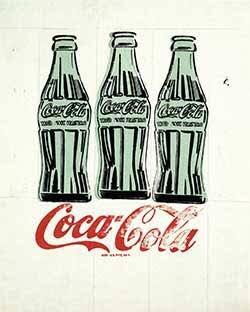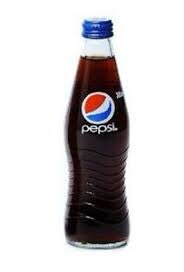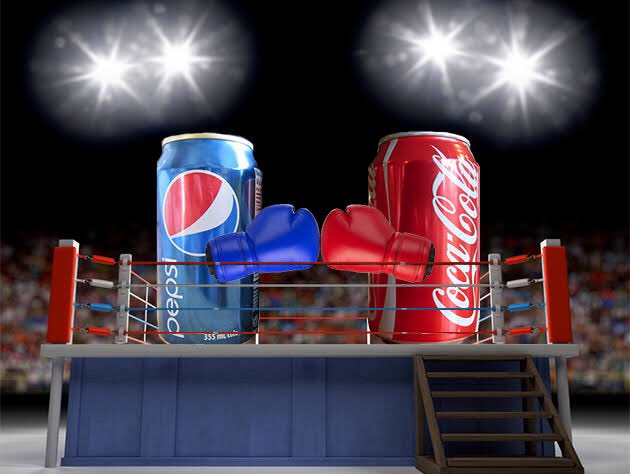
Its #IPThursday again good people. Sorry for missing last week, but we’re back to regular programming. This week we take a look at the Harry Potter lawsuits. 

Our starring this week, is Joanne Rowling. Born on 31 July 1965, she is one of the best selling authors ever. 

She was born and raised somewhere in England, in a county whose name I’m lazy to type. Growing up, one of her high school teachers said se was bright, but not really exceptional. She took up English at A-Level and of course, she killed it. Got As in the process.
She then tried to get into Oxford University, but didn’t get accepted after the test. She then went and studied French at the University of Exeter. Thereafter, she worked as a Researcher for Amnesty International and at the Chamber of Commerce.
In 1990, she was on a four-hour delayed train trip from Manchester to London when the idea "came fully formed" into her mind for a story of a young boy attending a school of wizardry. When she got home she started writing her story.
Soon after that however, her life didnt exactly go according to plan. She lost her mom in same year, left her abusive husband and she was jobless with a dependent child. Things weren’t going well but she did continue writing...
In 1995, she finished the first manuscript of her book. She called it “Harry Potter and the Philosopher’s Stone”. She submitted the manuscript to 12 publishing houses who all rejected it. Imagine, you shoot your shot 12 times and zero wins. 

She eventually got the green-light from Bloomsbury who agreed to publish the book. One of the editors still advised her to get a full time job because “you cant make money from selling children’s book 

Harry Potter and the Philosopher’s Stone was a huge success. I think (not sure) that this is when she added the the the K to her initial. See, Joanne was told that young boys wouldn’t buy the book if they knew it was written by a woman. So she became JK Rowling.
Yes, the K in JK Rowling is made up, she only has one name. 😂😂😂
The book won awards and made Rowling a lot of money. It was published in the US as Harry Potter and the Sorcerer’s Stone, a decision she regrets. Two years later in 1999, she released the sequel Chamber of Secrets which was also very successful. 

The following year, she released Prisoner of Azkaban. All 3 books won Book of the year. They were so popular that she withdrew her books from awards so that other people could win. 

The next books went even further, Goblet of fire broke records for being the fastest selling book in history, Order of the Phoenix did too and so did Deathly Hallows. The books were all adapted to record breaking movies which are owned by Time Warner. 

Harry Potter is now a global brand worth an estimated US$15 billion. In 2004, Forbes named Rowling as the first person to become a US-dollar billionaire by writing books. But as you all know, with great success, comes even greater legal issues. 

I’ll set out some o the cases here.
Our first case is from 1999, A woman named Nancy Kathleen Stouffer alleged Rowling had copied parts of her work. These were 1984 works “The Legend of Rah and the Muggles” and the other was “Larry Potter and His Best Friend Lilly”. 

If you’ve read the Harry Potter books you’d know what the issue is here. The Muggles are characters in the book and Harry Potter is similar to Larry Potter. Stouffer also said there were other similarities between her book and parts of Harry Potter.
This dispute went all the way to court, and Rowling won. Obviously the first was that Larry Potter was similar to Harry Potter. Both were kids and both wore glasses but thats as far as the similarities went. 

Rowlings argued that the most distinctive features on Harry Potter was the scar on his face, his magic and the tape on his glasses.
As for muggles, the word had been used before both authors so it wasn’t exactly new. When the judge had to decide, it turned out that Stouffer had actually lied, changed parts of her book to make the similarities more apparent and submitted a false testimony.
The judge dismissed her claim for trying to mislead the court. Since then, she’s become famous for her lawsuits, I don’t think anyone knew her books. I don’t think she likes Rowling much, even though changed her name to NK Stouffer 😂😂😂😂. Yea that petty.
The following year, just before the first book was adapted into a film, Warner sent a series of letters to fansites that had registered internet domain names containing the trade mark “Harry Potter”.
Next up was a band from Canada known as the Wyrd Sisters. Again, if you’ve read Harry Potter and the Goblet of Fire book you’ll know that there is a part where a music group called the Weird Sisters performs. 

The Wyrd Sisters own the rights to use that name in Canada, so Warner offered them $5,000 to use the name.
The Wyrd sisters turned down the offer and decided to take JK Rowling and Warner to court. They wanted $39 million instead. Warner withdrew their offer and decided not to use the band name in the movie.
Next up were the children of a man called Adrian Jacobs in 2009. Jacobs had written a book called Adventures of Willy the Wizard: Livid Land. 

His family alleged that their character Willy is required to work out the exact nature of the main task of the contest which they he achieves in a bathroom assisted by clues from helpers.
In order to discover how to rescue human hostages imprisoned by a community of half-human, half-animal fantasy creatures. Similar to Harry Potter. 

In 2010, Jacobs’ family took Rowlings to court. They wanted all copies of Goblet of Fire burnt and destroyed.
Oh this is very common in IP lawsuits, we often demand the destruction of all material containing the infringing article. This is so that you cant even contemplate making more money from it.
However, I’m sure we all know how this eneded, given that Goblet of Fire is still available on the shelves. The case was dismissed and the Trustees were order to pay Rowlands costs of defending the lawsuit. This came up to over $2 million.
These cases have something in common which I think is useful for you all to take note of. They accused someone of infringement, lost the case and ended up paying a lot of money. They envisioned it going differently.
Many IP Acts and Legislation provide that if you make false claims against someone for infringement, you will have to pay for their legal expenses and damages. This happens with normal cases where costs are awareded against you in court.
But in IP, if you make a false allegation of infringement, at times even without going to court, you may be penalised. And if you start accusing people of being thieves of IP, then you may even face a defamation case.
Big Lesson: There are other Harry Potter lawsuits. The big lesson here is before you cry wolf and accuse someone of infringing on your work, make sure you actually have a case. The costs against you might be worse than what you actually wanted. ❤️💛💚 

• • •
Missing some Tweet in this thread? You can try to
force a refresh














